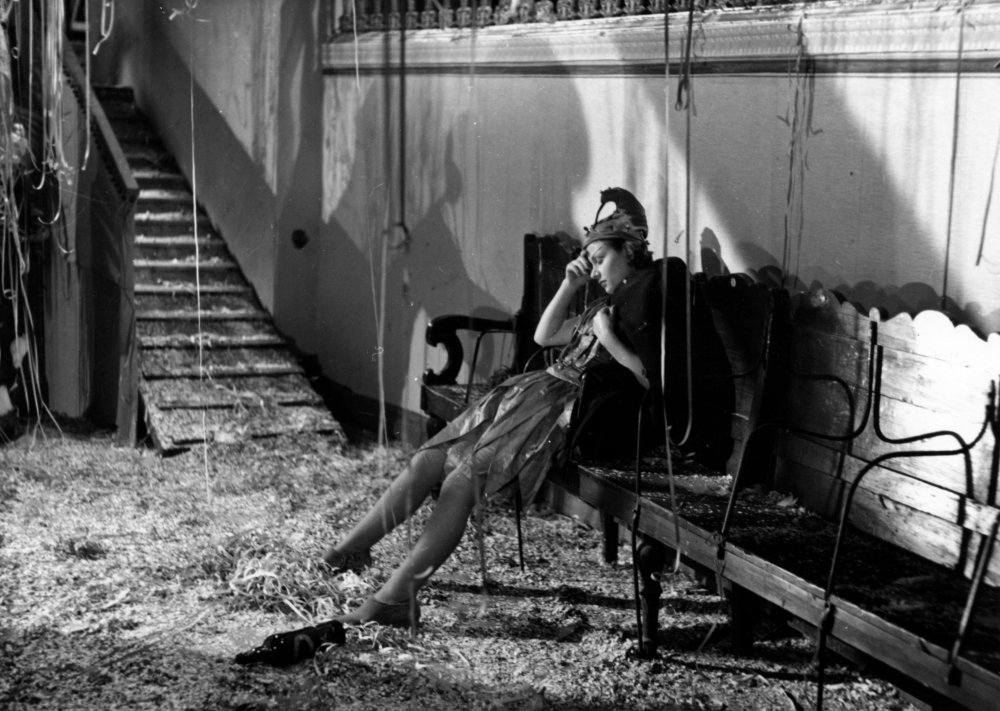


Directors: Federico Fellini, Alberto Lattuada Stars: Peppino De Filippo, Carla Del Poggio, Giulietta Masina, John Kitzmiller. Federico Fellini was one of the great Neo-Surrealistic Italian Film makers with a career spanning four decades. A beautiful and ambitious young woman joins a traveling troupe of third-rate vaudevillians and inadvertently causes jealousy and emotional crises. Federico Fellini (born in Rimini, Italy on January 20, 1920, died October 31, 1993) was a screenwriter and a film director. Those incidental ideas then become the signposts that guide my staff: the set designers, costume designers and mask designers.’ This comprehensive special exhibition turns the spotlight on the productive relationship between drawing and film. Federico Fellini (1920 - 1993) was active/lived in Italy. Although film rapidly became his primary form of artistic expression, drawing remained the central tool of his preparatory creative work for his films as he put it himself: ‘It often happens that during my preparations I draw sketches, designs and figures. Levine sits down with Federico FelliniFilmed 5 years after the release of 'La Dolce Vita' and 2 years after the release of '8'. Fellini’s movies are characterized by multiple themes and an intentional artificiality in directing. Federico Fellini, Design for 8½ The Maid, 1963, Fondazione Federico Fellini, Rimini, Italy. Fellini was an obsessive, provocative and original film-maker, but also a tireless draughtsman. Federico Fellini about his drawings, Fondazione Federico Fellini. Cult productions such as ‘La strada’ (1954), ‘La dolce vita’ (1960), ‘Amarcord’ (1974) and ‘Città delle donne’ (1980) have become classics that, to this day, are discussed and celebrated far beyond the film community. Watching the Fellini of Variety Lights grow into the Fellini of black and white neorealist pictures like La Strada, the Fellini of self-reflective surrealist fantasies like 8 1/2, eventually, the Fellini of unhinged color grotesqueries like Fellini’s Satyricon, is the purest of joys married with a quick, dirty. The subject on this occasion is Federico Fellini (1920–1993), one of the most important directors in cinema history. These give audiences the opportunity to rediscover brilliant personalities and their exceptional legacy, while highlighting its importance to art history. The Kunsthaus Zürich continues its long tradition of cultural history exhibitions that venture beyond what is conventionally regarded as art.


 0 kommentar(er)
0 kommentar(er)
